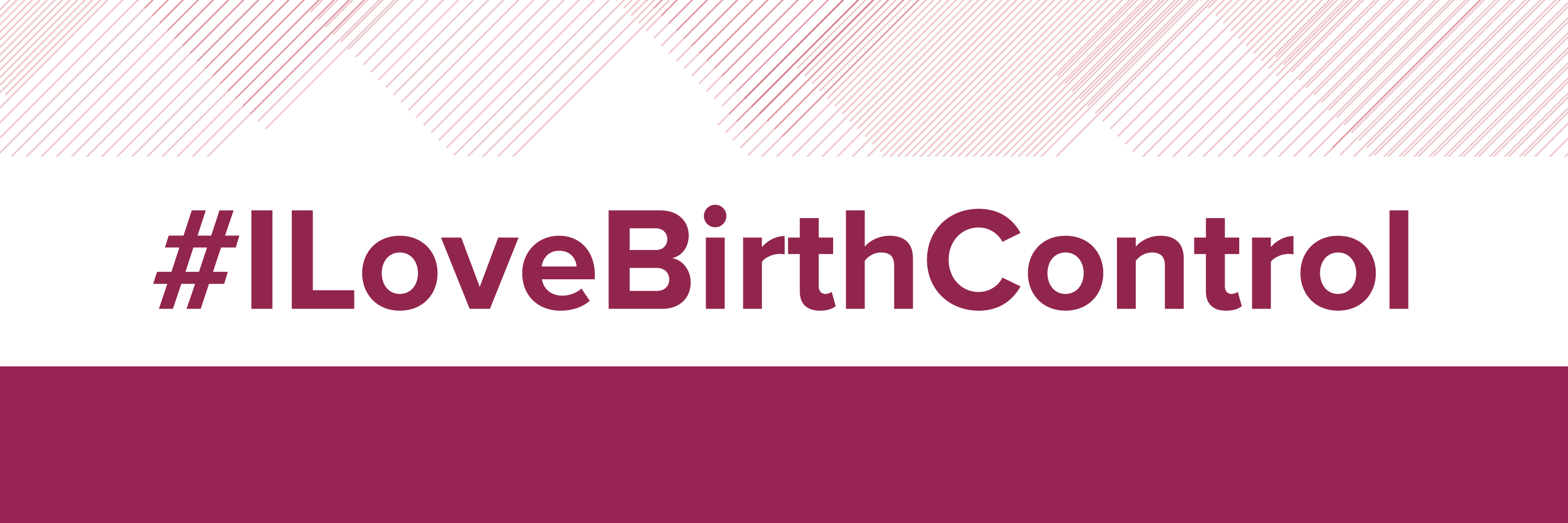
Empowerment is awesome; it makes a person feel affirmed and increases confidence. One underrated tool for empowerment is birth control. Birth control methods prevent pregnancy and using it can have positive benefits for the user. In a study surveying over 2,000 women, researchers found that some of the most common reasons why women were on birth control were being able to take better care of themselves, support themselves financially, complete their education or keep or acquire a job (1). There are a variety of reasons for using birth control. Here are three reasons to love birth control:
It allows a person to decide if and when they become pregnant
Access to birth control can help people who can become pregnant and couples plan when to conceive a child and decide the timing and spacing of giving birth to children if and when they choose to become parents. Around half of all pregnancies in the United States are unplanned, where the person who became pregnant did not intend to or try to achieve a pregnancy. People who can become pregnant using no birth control and/or using birth control inconsistently account for more than 90 percent of unplanned pregnancies (2). Furthermore, 70 percent of the pregnancies among people 20 to 29 years of age are unintended. However, people who can become pregnant who use birth control carefully and consistently account for only five percent of unplanned pregnancies.
It can have several health benefits
- Birth control can improve overall maternal wellbeing. People who are able to plan their pregnancies are more likely to be in better health, and are more likely to access preconception and prenatal care if and when they choose to become pregnant. They are also less likely to be hospitalized during pregnancy, and are less likely to be diagnosed with postpartum depression. These can be detrimental to the cognitive, social, emotional and physical development of a child (3).
- Birth control may reduce the risk of developing ovarian cancer. Scientists in North Carolina found that women who used the pill were 25 percent less likely to develop ovarian cancer. In addition, their findings suggested that the pill offered greater protection from developing ovarian cancer the longer women used it (4).
- Birth control may protect people with a uterus from endometrial cancer due to changes in the endometrium (5).
- Birth control may reduce ovarian cysts and the chances of developing ovarian cysts because hormonal methods work by stopping ovulation, which in turn prevents ovarian cysts from developing.
- Birth control can potentially make periods lighter. Hormonal birth control methods can make periods lighter because they thin the lining of the uterus and there is less lining to shed.
- Some birth control methods may cause a person who menstruates to have fewer periods. Some forms of hormonal contraception, such as the Mirena, can shorten or stop menstruation because the lining of the uterus becomes so thin there is nothing or very little to shed.
- Some birth control methods can protect individuals from STIs, including HIV. Examples are abstinence, internal condoms and external condoms.
Reproductive autonomy equals setting one’s own agenda
Because pregnancies are unpredictable, the rights of people who can become pregnant are more theoretical than actual without access to birth control (6). Birth control is a tool for people to use during their reproductive years and being informed about and accessing birth control is a vital step towards empowerment and life success.
References
- https://www.guttmacher.org/sites/default/files/pdfs/pubs/journals/j.contraception.2012.08.012.pdf
- https://thenationalcampaign.org/sites/default/files/resource-supporting-download/getting-the-facts-straight-chapter-1-summary.pdf
- https://thenationalcampaign.org/sites/default/files/resource-supporting-download/getting-the-facts-straight-chapter-3-maternal-infant-health.pdf
- https://www.bedsider.org/features/283-can-the-pill-protect-you-from-ovarian-cancer
- https://www.bedsider.org/features/223-ovarian-cysts-no-biggie-but-birth-control-can-help
- https://www.guttmacher.org/sites/default/files/report_pdf/social-economic-
